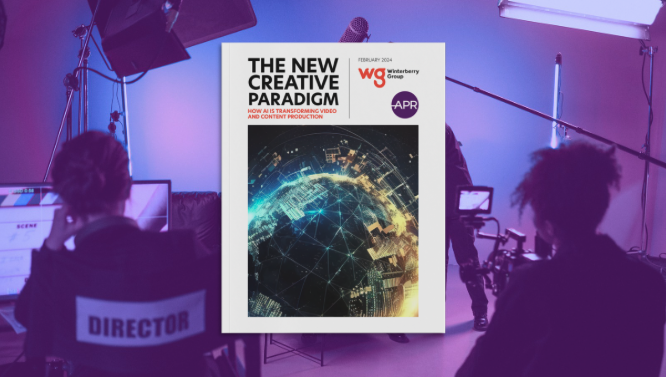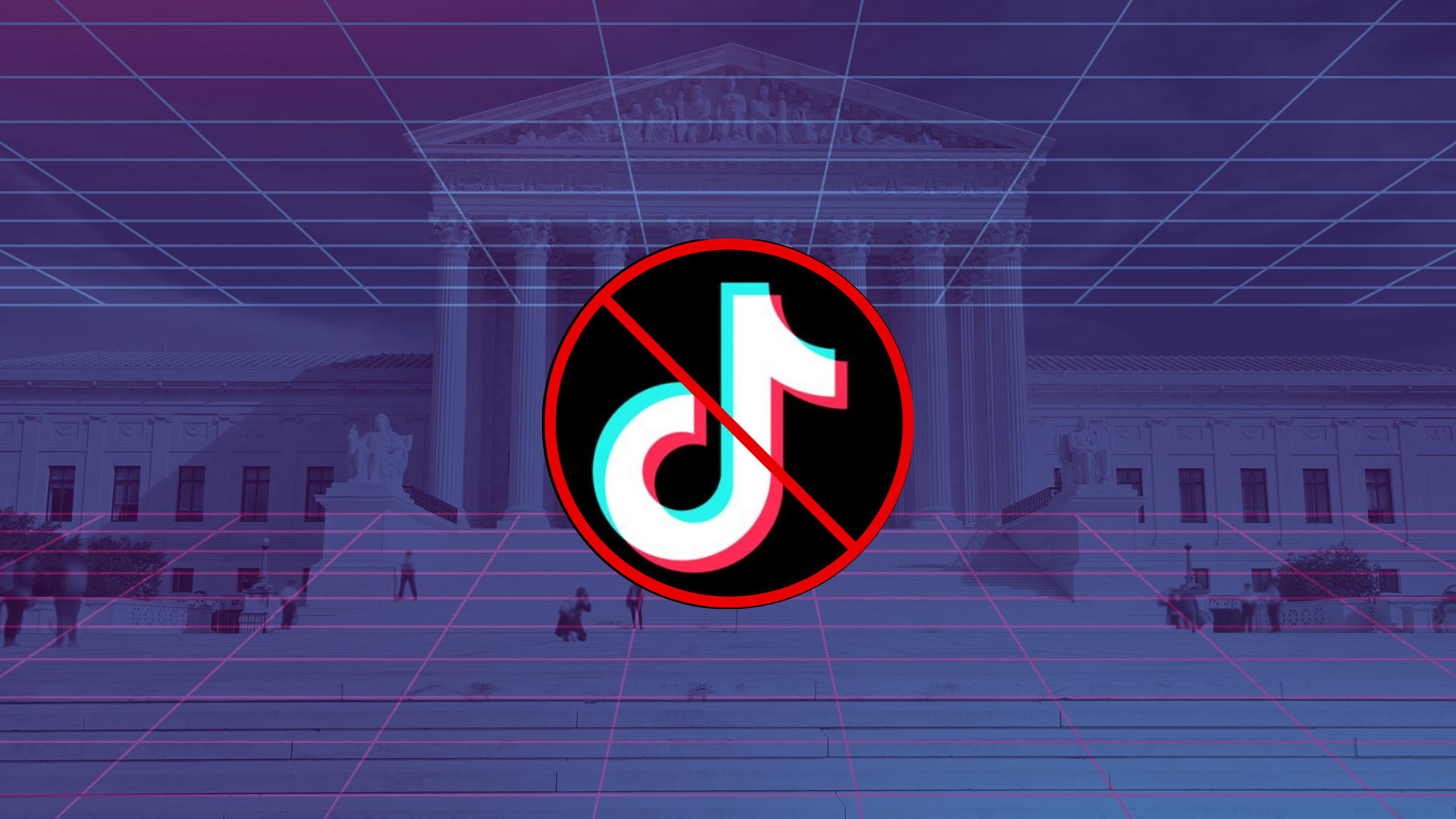Article Contributors

Dillon Shane
Marketing Manager, Writer/Editor
One means by which advertisers are gaining transparency in bidding video production is through a process known as Bid Management. Essentially, centralizing Bid Management helps to get better visibility to process, costs and production suppliers. Bid Management decouples the responsibility for production bidding and negotiating from the agency’s responsibilities for creative development and production management. With Bid Management, advertisers can be certain that the process of bidding and negotiating with production vendors is both neutral and equitable, as well as transparent.
It is important to note that the third-party bidding process, historically, has been, and continues to be, a manual process around the globe usually led by the Agency of Record (AOR) responsible for the ideation of the concept. Traditionally, the AOR reaches out to the production companies, receives and reviews their bids, and awards the work to the winning bidder. This traditional (and manual process) is now being challenged for a few reasons.
· First, agencies, or their holding companies, are bringing more production work in-house, which thereby creates a conflict of interest; the bidder is also the supplier… or the referee is also the player.
· Secondly, marketers who seek to modernize their bidding processes are centralizing the bidding of third parties to provide better transparency and more control over the bidding process, which could result in cost savings.
· And, third, speed is important in the modern world of marketing and centralizing the bidding can speed up the process and award the projects faster to the production suppliers.
One key pillar of the Bid Management methodology is to ensure that vendors receive the same production specification information outlining job-scope at the same time. A second is to guarantee that production vendors are allowed to fairly estimate and directly submit both original and subsequently negotiated bids. In other words, there is no “finger on the scale.” Bid Management is especially important to consider when agencies are bidding internal production and/or post-production resources as well as external third-party vendors.
Some advertisers are choosing to facilitate Bid Management internally and directly source production vendors in conjunction with their internal procurement team, while others prefer to engage neutral third-party production consultants to manage the bidding process on their behalf. However, a key to the success of a Bid Management program is to ensure that those responsible possess deep knowledge in the detailed aspects of real-world production, including expertise beyond rates – the know-how.
It is key to define the Bid Management process, which can work on its own as a traditional manual process or with a tool. There are Bid Management software tools currently available, or in development, that can be added to the process to provide key stakeholders a clear line of sight to submissions throughout the bidding process. These tools can provide advertisers with a thorough audit trail as submissions are date-stamped, controlled and organized. Additionally, some Bid Management tools include an accompanying project management capability that creates a repository of project data that provides stakeholders easy access to current or historical awarded bid information.
It is worth mentioning that a particular advantage to creative agencies of centralized Bid Management is that the decoupled process allows the agency to remain focused on the creative production itself, knowing that the financial details involved in bidding will be simultaneously handled by production experts. And, having more visibility to the production supplier landscape with centralized bidding means better, more informed decision making.
Changes and creative considerations, including those that develop as creative concepts evolve during discussions between the agency, directors and other vendors, are important to address in the centralized bid management process.
Another thing to keep in mind – bid award decisions should not be made based on cost alone, but on quality and approach. The best creative idea comes to life in the execution of the idea – the production. Therefore, careful attention to HOW the idea is approached is critical to ensure quality is achieved.
If centralizing bid management is not for you, or your creative agencies continue to manage the bidding processes, then updating your bidding protocols and bid guidelines is recommended as a next step to ensure the proper governance exists to address today’s environment. Creative considerations should continue to play a critical role in the decision-making process.
Authored by: Cindy Epps, Kolby Slocum, and Jillian Gibbs, APR













